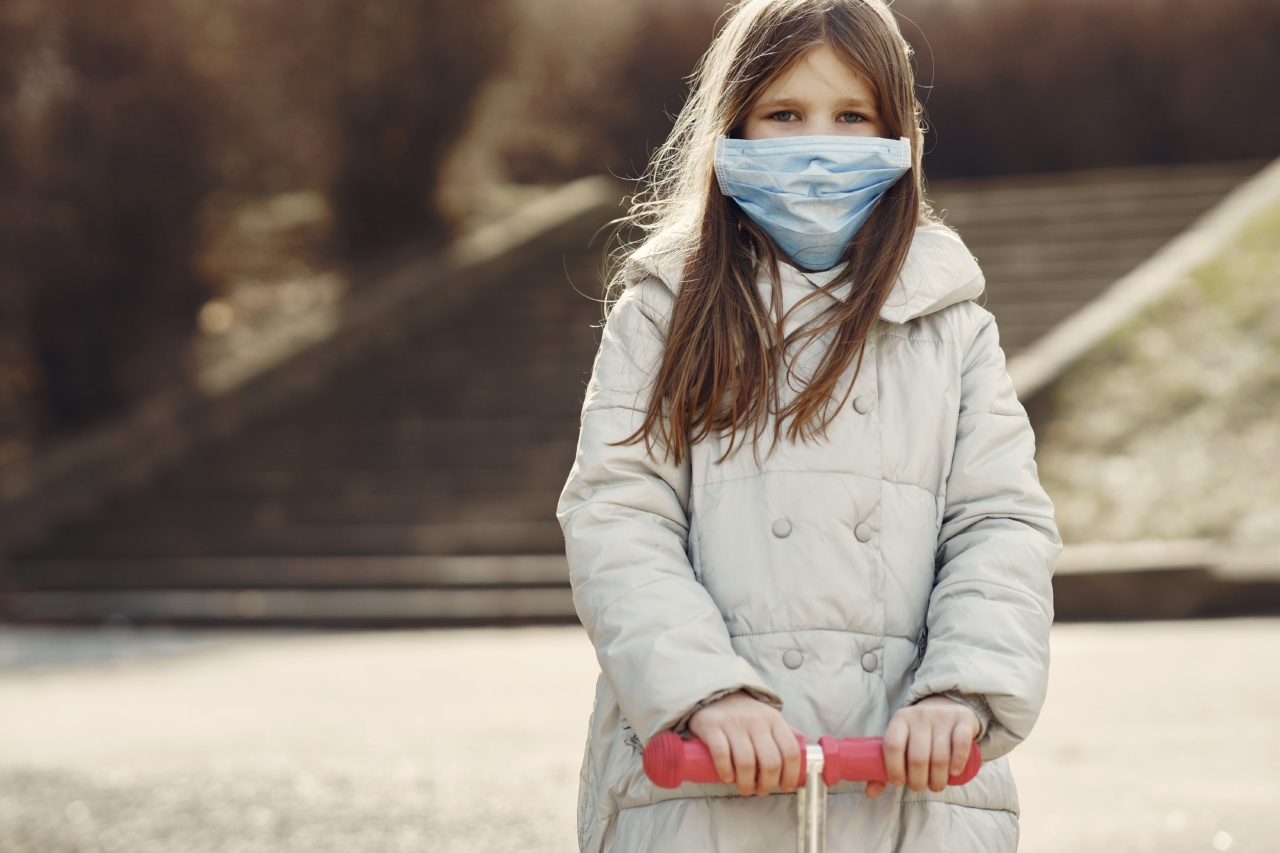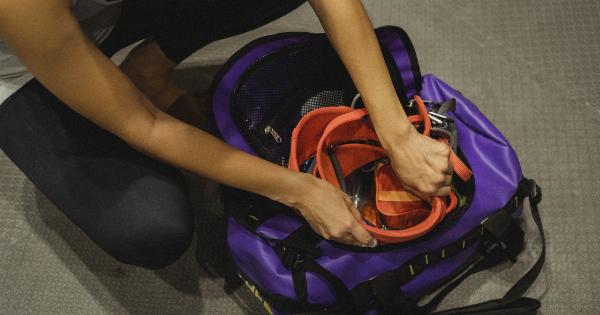Winter can be a beautiful season, but it can also be a dangerous one if you are not prepared. From icy roads to freezing temperatures, winter weather can pose a threat to your safety.
In this guide, you will find helpful tips to help you stay warm and safe during the winter months.
1. Dress Appropriately
The key to staying warm during the winter months is dressing appropriately. Make sure to layer your clothing so that you can easily adjust your temperature throughout the day. Start with a base layer that is moisture-wicking and comfortable.
Add a middle layer that is insulating, such as a fleece or down jacket. Top it off with an outer layer that is waterproof and windproof, such as a winter jacket or parka. Don’t forget to wear a hat, gloves, and a scarf to protect your head, hands, and neck.
2. Keep Your Home Warm
A warm and cozy home is essential during the winter months. Make sure to keep your home heated to a comfortable temperature, but be mindful of your energy usage. Use a programmable thermostat to regulate the temperature when you are not home.
If you have drafty windows or doors, use weather stripping or draft guards to seal the gaps. Make sure to also have plenty of blankets and warm bedding on hand.
3. Prepare Your Car
Winter weather can make roads treacherous, so it is important to prepare your car for the season. Make sure to have your car serviced before the winter months to avoid any mechanical issues. Keep your gas tank full to prevent fuel lines from freezing.
It is also a good idea to keep an emergency kit in your car, which should include items such as a blanket, warm clothing, a flashlight, and a first aid kit.
4. Stay Active
Staying active is important during the winter months, as it can help regulate your body temperature and boost your mood. Try indoor activities such as yoga or dancing, or bundle up and go for a walk or run outside.
If you have children, find fun winter activities such as sledding or ice skating to keep them active and entertained.
5. Eat Warm, Nutritious Foods
Eating warm, nutritious foods can help keep your body warm and healthy during the winter months. Try hearty soups and stews, roasted vegetables, and warm beverages such as tea or hot cocoa.
Foods high in vitamin C, such as citrus fruits, can also help boost your immune system and prevent colds and flu.
6. Be Prepared for Power Outages
Winter storms can cause power outages, so it is important to be prepared. Make sure to have plenty of flashlights and batteries on hand, as well as non-perishable foods and water. If you have a generator, make sure it is in good working order.
Keep your cell phone and other devices charged, and have a portable charger available if needed.
7. Be Cautious on Icy Surfaces
Icy surfaces can be very dangerous, so it is important to be cautious when walking or driving on them. Wear shoes with good traction, and use ice melt or sand to improve traction on walkways and stairs.
When driving, slow down and stay alert for black ice, which can be difficult to see.
8. Stay Informed
Stay informed about weather conditions and any potential hazards during the winter season. Check the weather forecast regularly, and sign up for alerts from your local emergency management agency.
Be aware of any travel advisories or school closings in your area.
9. Check on Elderly or Vulnerable Individuals
Elderly or vulnerable individuals may be more susceptible to cold weather, so it is important to check on them regularly during the winter months.
Make sure they have adequate heating in their homes, and offer to help with errands and other tasks if needed.
10. Learn Basic First Aid
In case of an emergency, it is important to be able to provide basic first aid. Take a first aid course to learn how to respond to common winter injuries such as hypothermia or frostbite.
Keep a first aid kit in your home and car, and make sure it is well-stocked.





























